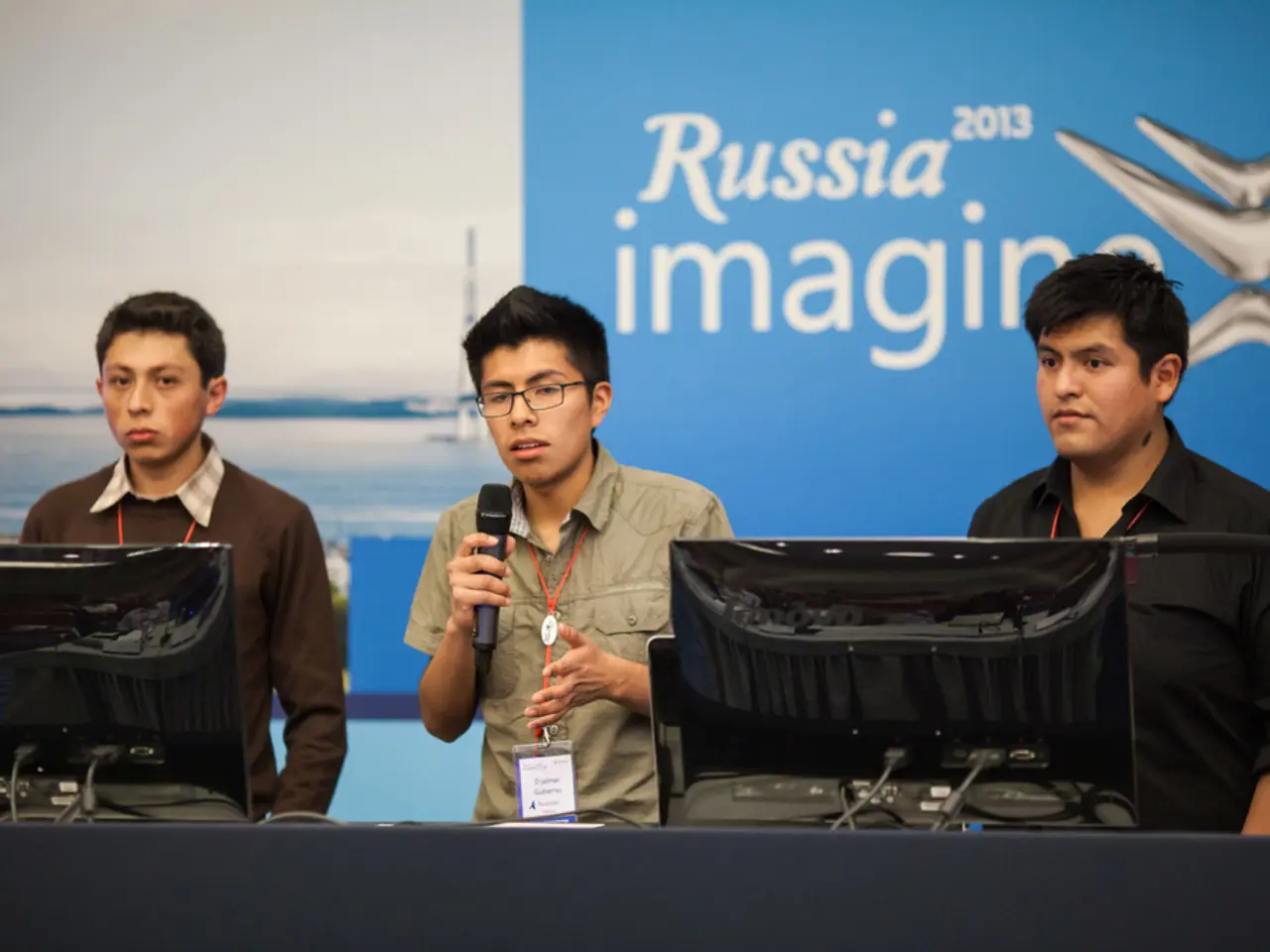Kazakhstan to Educate Students in Artificial Intelligence
In a significant stride towards the future, Kazakhstan is integrating Artificial Intelligence (AI) into its school curriculum. This ambitious project, which is being piloted in collaboration with the Massachusetts Institute of Technology (MIT), aims to transform digital literacy lessons for students in grades 1-4, with plans to eventually extend coverage to all grades, from primary to high school.
The initial phase of this AI education project is currently underway, utilising the 'Day of AI' program. This program, which provides free interactive content, forms the backbone of the lessons that last between 30-60 minutes. The lessons include teaching materials and assignments designed to engage students and foster a deeper understanding of AI.
The Ministry of Education has been advised to make the 'Day of AI' program compulsory, indicating a commitment to the success of this initiative. As of now, 7,917 schools in Kazakhstan are connected to the internet, ensuring that students have access to these innovative learning resources.
However, it's important to note that the specific timeline, details, scope, and internet connectivity status of the AI education integration project in Kazakh schools in collaboration with MIT are not publicly disclosed. While there have been several AI education initiatives and collaborations between Kazakhstan and international institutions on education technology, the details regarding the MIT-Kazakh AI education project remain undisclosed.
Looking ahead, the second phase of the AI education project will require additional material adaptation and is expected to be launched later. The lessons in the second phase are expected to follow a similar format, lasting 30-60 minutes, with teaching materials and assignments for students.
This AI education project forms part of a broader digitalization directive from the President, reflecting a national commitment to preparing Kazakhstan's youth for a future shaped by technology. Furthermore, the project has been translated into both Kazakh and Russian, ensuring that all students can benefit from these innovative learning opportunities.
While the details of the AI education project in Kazakhstan are still unfolding, it's clear that this collaboration with MIT marks an exciting step forward in the country's digital education journey. As more schools in Kazakhstan, including an additional 3,254 schools that already use other technologies for internet connectivity, join this initiative, the potential for transformative learning experiences for Kazakh students is immense.
The initial phase of Kazakhstan's AI education project, in collaboration with MIT, utilizes the 'Day of AI' program, offering free interactive content for digital literacy lessons, aiming to instill a deeper understanding of artificial intelligence in students. In the second phase, more teaching materials and assignments for students will be developed, continuing to leverage technology and AI for education and self-development.




